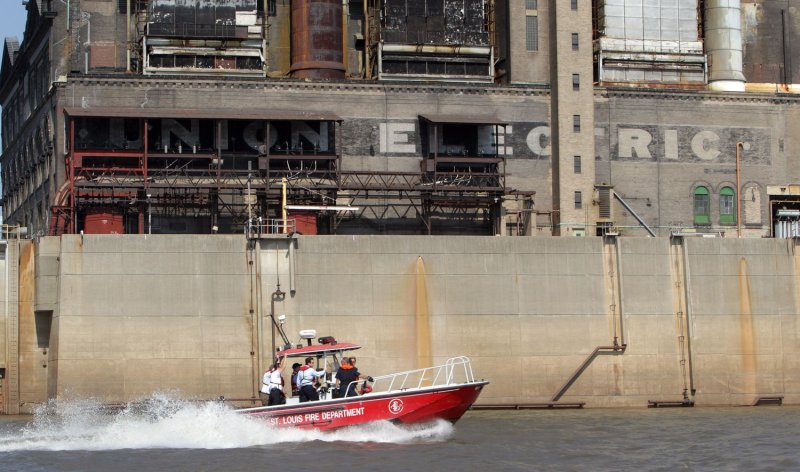WASHINGTON, Feb. 21 (UPI) -- John Norris, head of the Federal Energy Regulatory Commission, said vigilance is needed to protect the U.S. electric grid, but cautioned against overreaction.
U.S. Sen. Charles Schumer, D-N.Y., said Tuesday the Department of Homeland Security and FERC should draft measures to tighten physical security standards to protect the electric grid.















